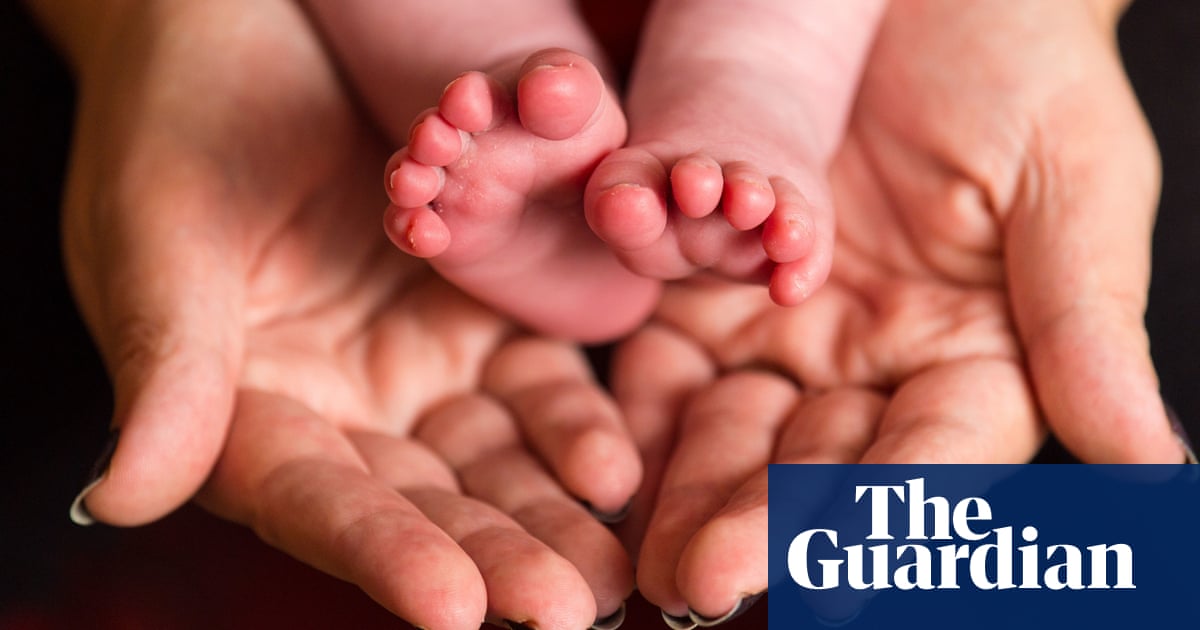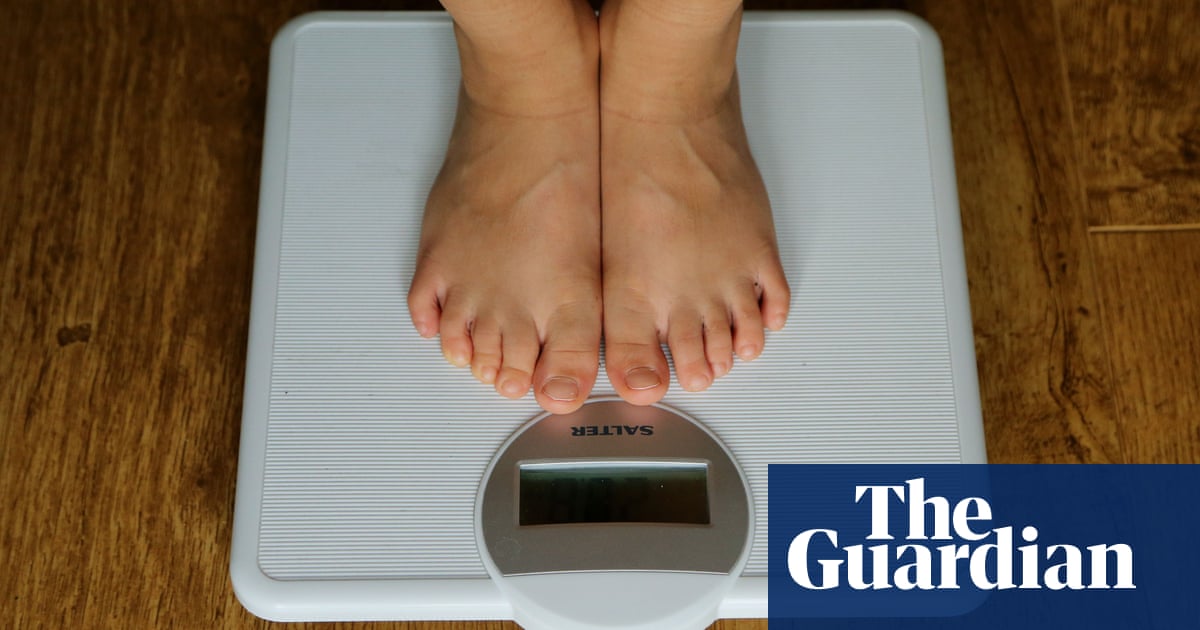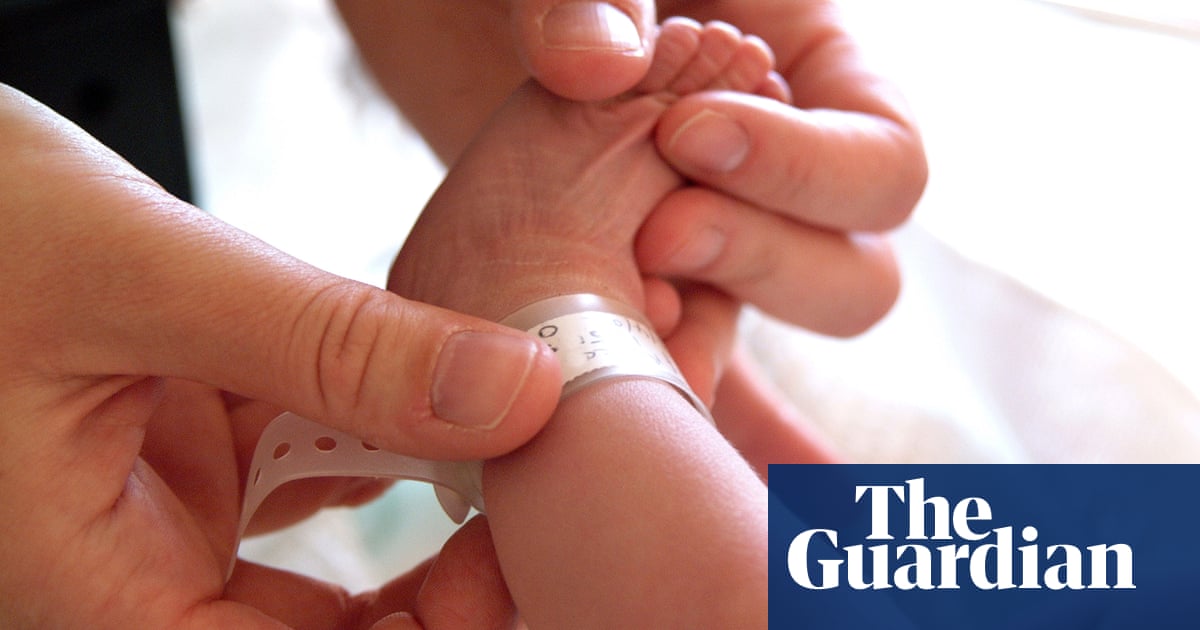
Playing music such as a Mozart lullaby to babies may help reduce their suffering during painful procedures, research suggests.
Minor medical procedures such as injections or heel-prick blood tests are commonly performed on newborn infants, and while some people have argued that babies’ brains are not developed enough for them to really feel pain, recent research has suggested that they experience it much like adults do.
Dr Saminathan Anbalagan, a neonatal and perinatal medicine fellow at Thomas Jefferson University hospital in Philadelphia, US, who led the new research, said: “Studies have [also] demonstrated that early pain experiences may alter pain responses later in life and lead to other long-term adverse outcomes. Hence establishing an easy and reliable method to reduce pain in newborns is crucial.”
Anbalagan and his colleagues measured the pain levels of 100 newborn infants undergoing a heel-prick blood test as part of routine screening for rare but serious conditions such as cystic fibrosis and inherited metabolic disorders. All were given a small dose of sugar solution two minutes before the procedure, while 54 of the infants were also played an instrumental Mozart lullaby for 20 minutes before, during and for five minutes after it. The other babies did not listen to any music.
An investigator wearing noise-cancelling headphones assessed the babies’ pain levels using a standard scoring system that assessed facial expressions, crying, breathing patterns, limb movements and alertness, with a maximum possible score of seven.
The study, published in Pediatric Research, found that while pain scores were zero for both groups before the heel prick, the average pain score of infants who listened to the lullaby was significantly lower during and immediately after the procedure compared with those who did not listen to music.
The pain scores of infants who listened to the lullaby were four during the procedure, dropping to zero a minute later. Average pain scores for infants who didn’t hear the lullaby were seven at the time of the heel prick, dropping to five and a half after one minute, and to two at two minutes.
“Music intervention is an easy, reproducible and inexpensive tool for pain relief from minor procedures in healthy, term newborns,” said Anbalagan. “We suggest that future studies should also strongly consider exploring the effects of similar interventions, such as recorded parental voice instead of Mozart music.”
Previous research has suggested that premature babies may feel less pain during medical procedures when they are spoken to by their mothers, and that hearing their mother’s voice boosted levels of oxytocin in their saliva. Oxytocin is a hormone known to be involved in attachment processes, and may also help to protect against the effects of pain.
“Involving parents as partners in neonatal care is an underutilised approach,” Anbalagan said.
Rebeccah Slater, a professor of paediatric neuroscience at the University of Oxford, UK, who studies infant pain perception, said: “Finding the best methods to comfort babies during painful procedures is extremely important. This new research suggests that auditory stimulation through music may reduce pain scores. Comforting interventions such as listening to music should be considered when babies require essential clinical procedures.”












